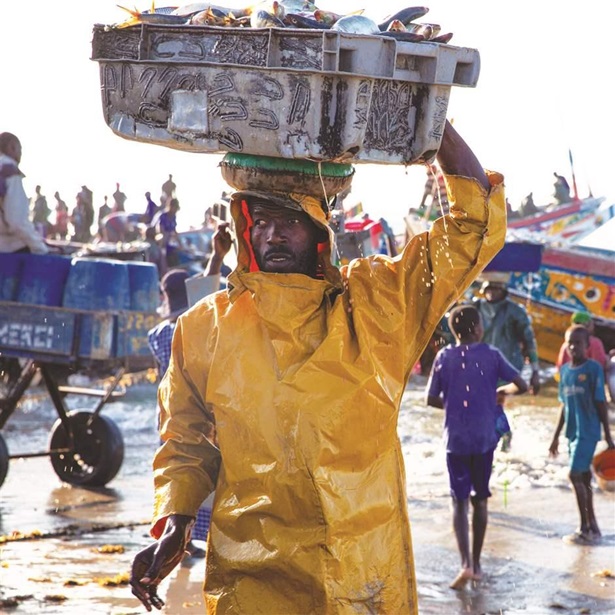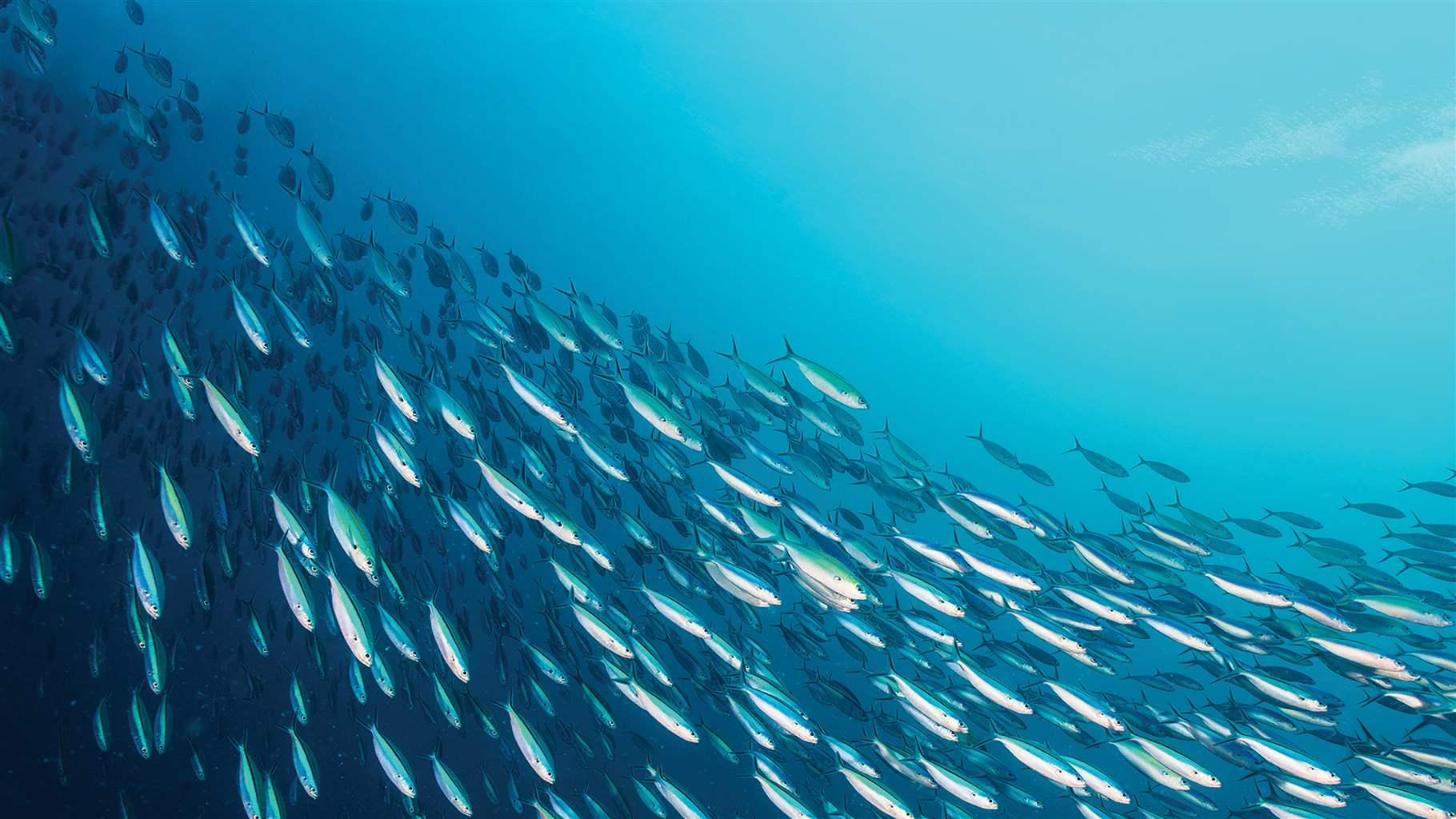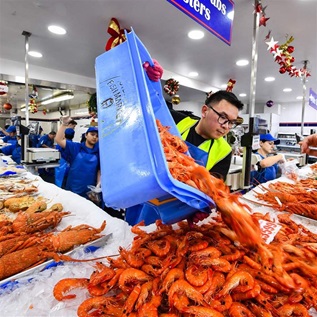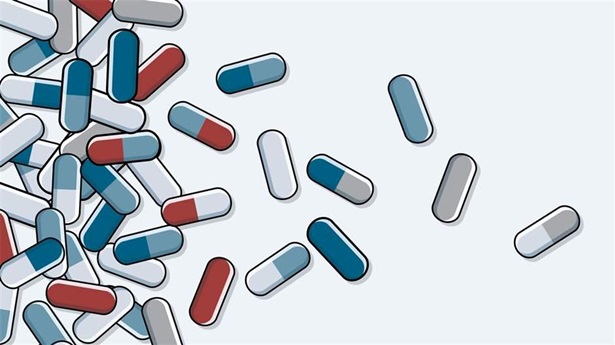It's Time for the WTO to End Harmful Fisheries Subsidies
The cost of inaction is too high
Members of the World Trade Organization (WTO) will meet in early December to negotiate an agreement to reduce harmful fisheries subsidies. This is one of the single most important actions that can be taken to improve the health of fish stocks.
Governments around the world spend $35 billion on fisheries subsidies each year. Of that, more than
$20 billion is spent on capacity-enhancing—or harmful—subsidies, a key driver behind the decline in fish populations.
These payments allow fishers to travel farther, stay at sea longer, or have greater capacity than they would have otherwise.
Science recently published in Marine Policy, a leading journal of ocean policy studies, finds that fuel subsidies represent nearly a quarter (22 percent) of all subsidies provided by governments to their fishing fleets, and they are widely considered to be among the most harmful. In recent months, the United Nations has released two reports that highlight the impacts of overfishing and the changing climate on the world’s ocean.
The WTO is in a unique position to take meaningful action and craft an ambitious agreement to address these challenges. In 2017, members of the organization committed to negotiate and adopt an agreement by the end of 2019 to “prohibit certain forms of fisheries subsidies that contribute to overcapacity and overfishing and eliminate subsidies that contribute to illegal, unreported, and unregulated fishing.”
WTO members must work together to ensure that a strong agreement is negotiated this year.
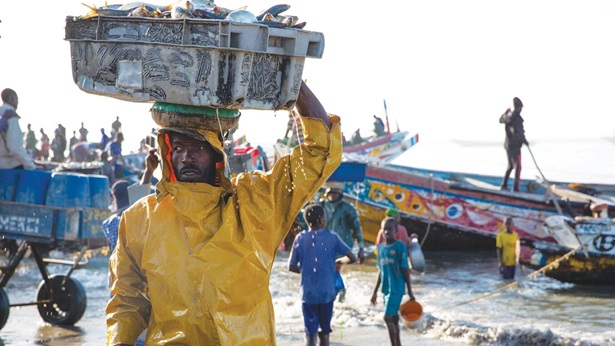
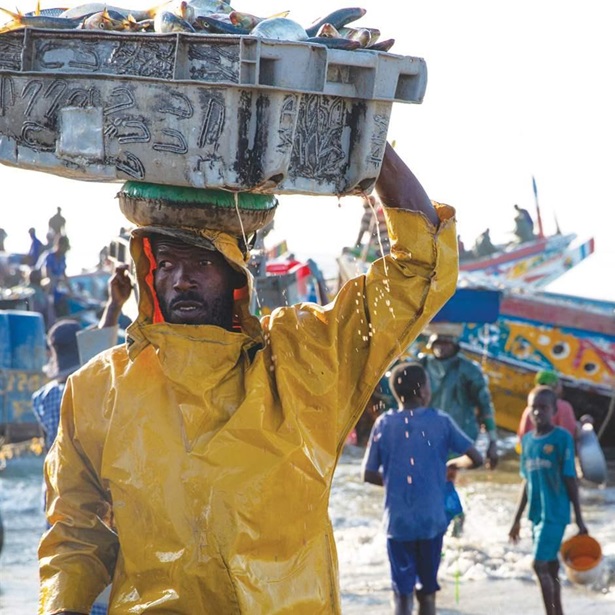
Voices from Senegal


America’s Overdose Crisis
Sign up for our five-email course explaining the overdose crisis in America, the state of treatment access, and ways to improve care
Sign up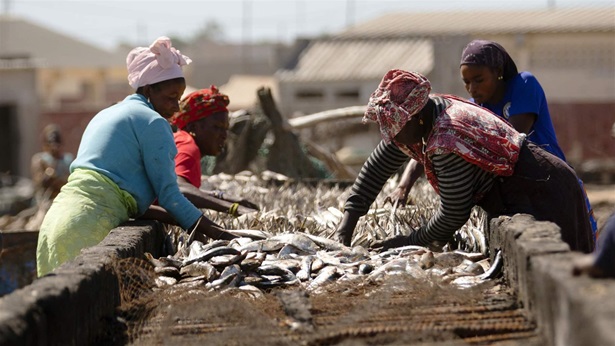
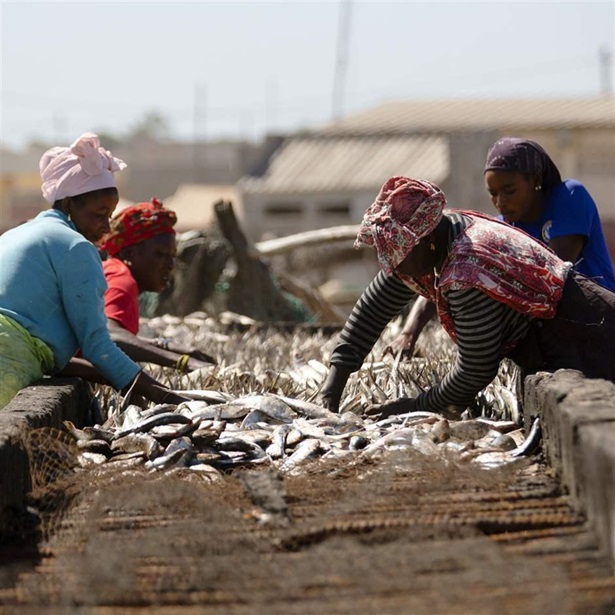
WTO Needs New Rules to End Harmful Fisheries Subsidies

